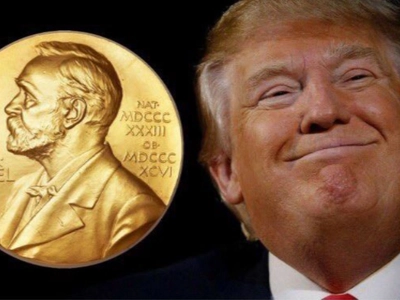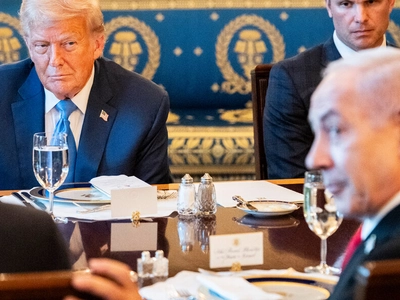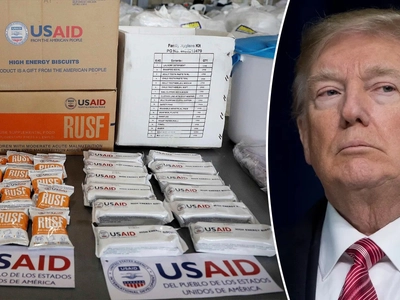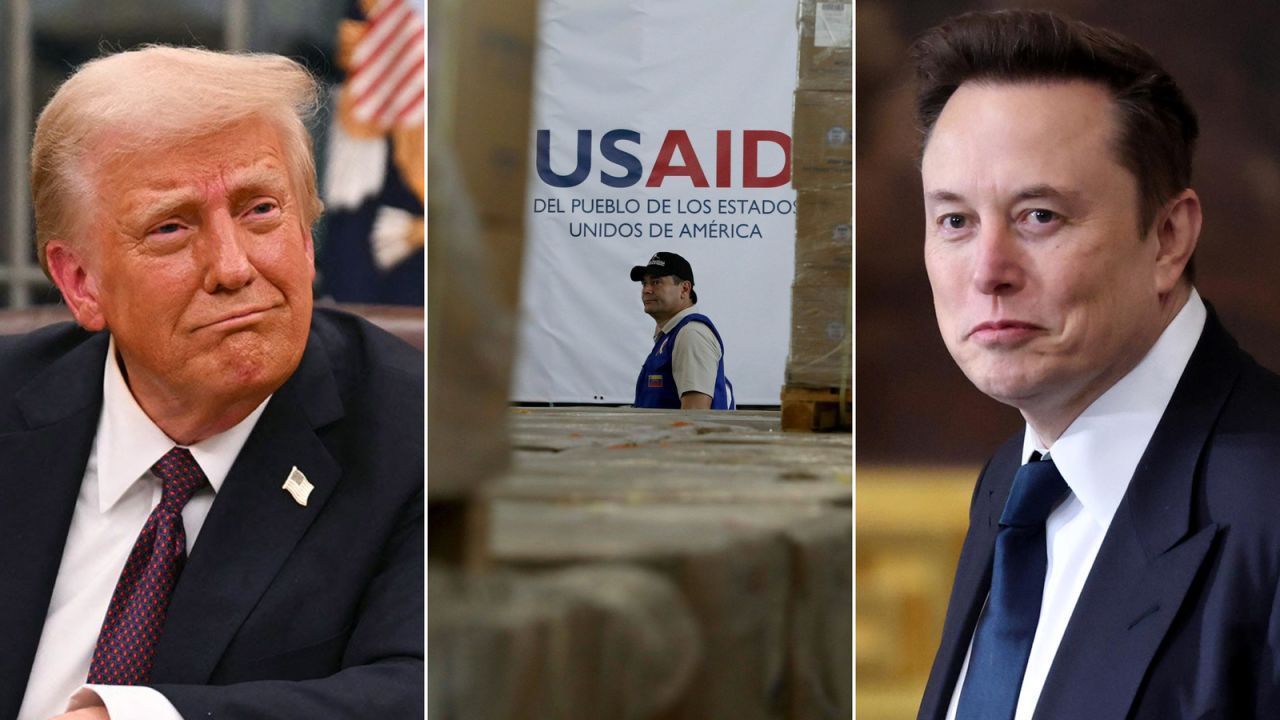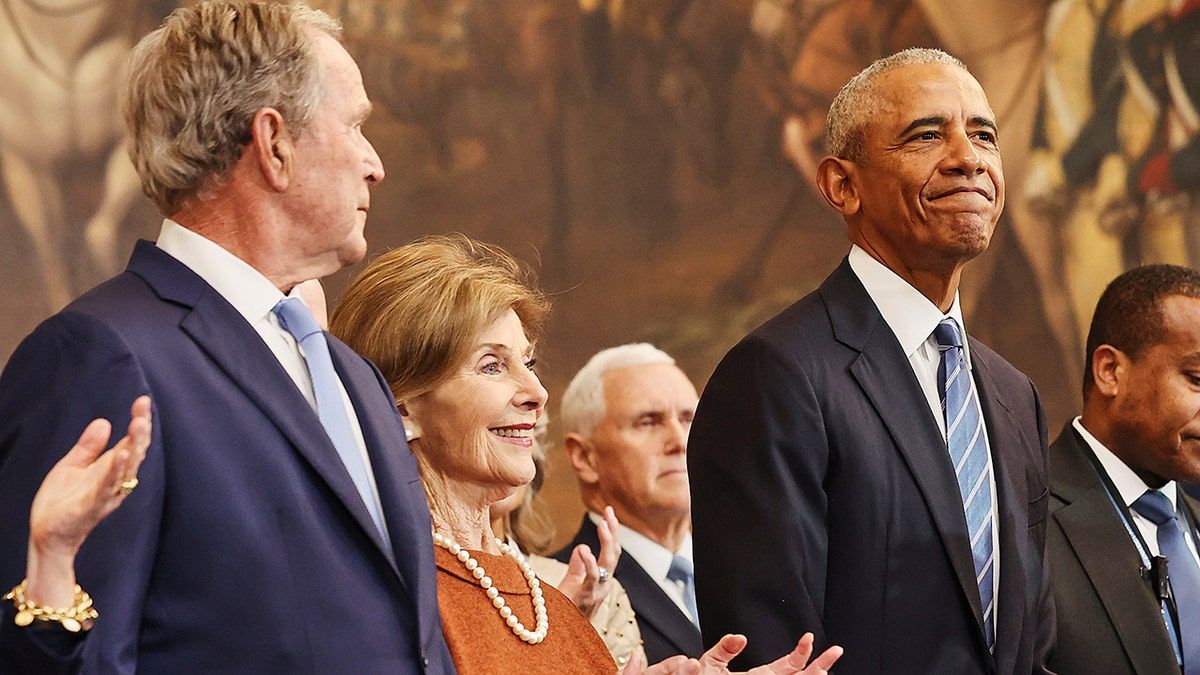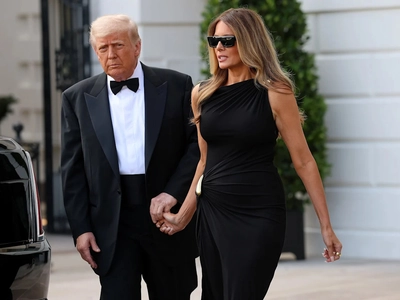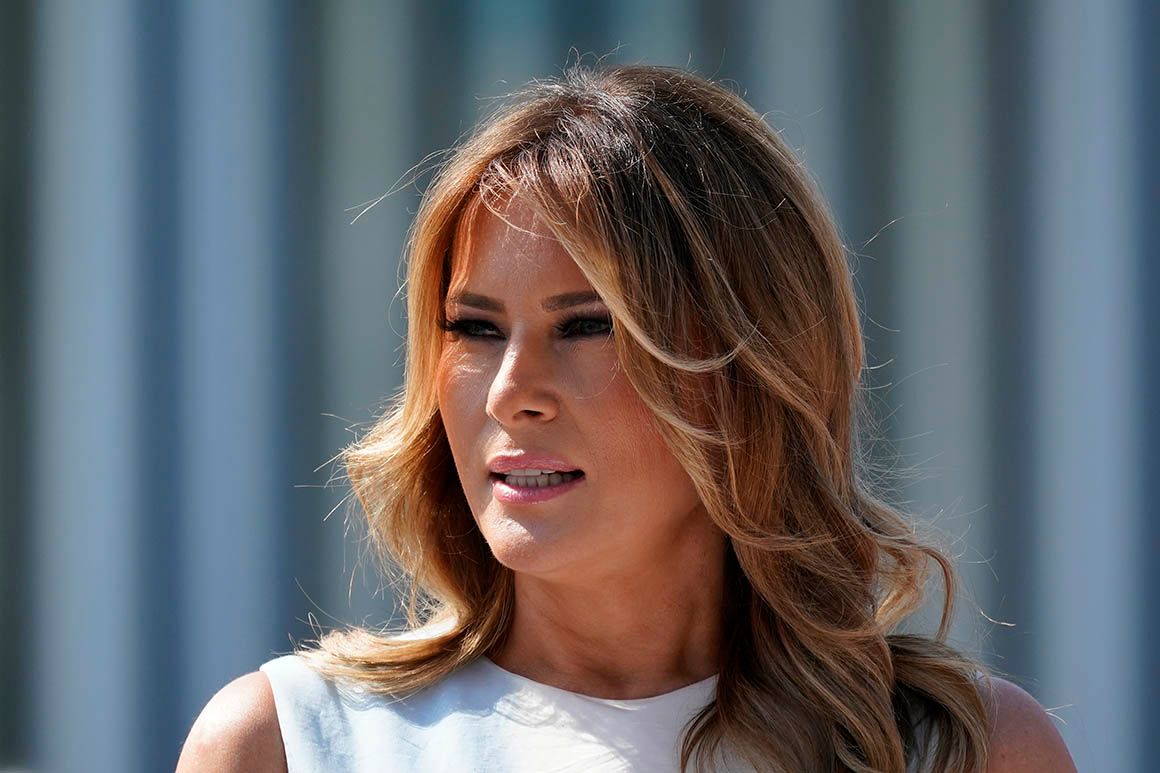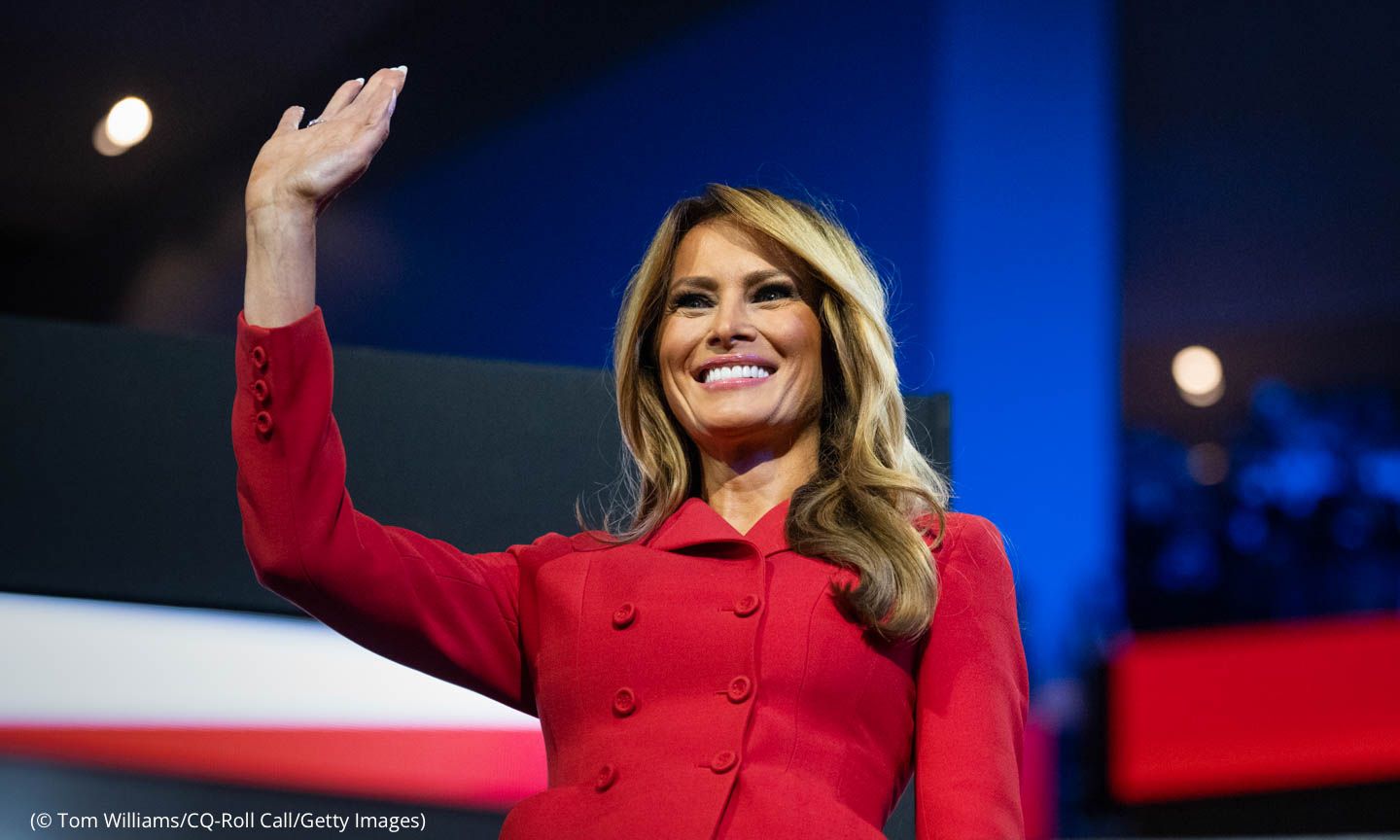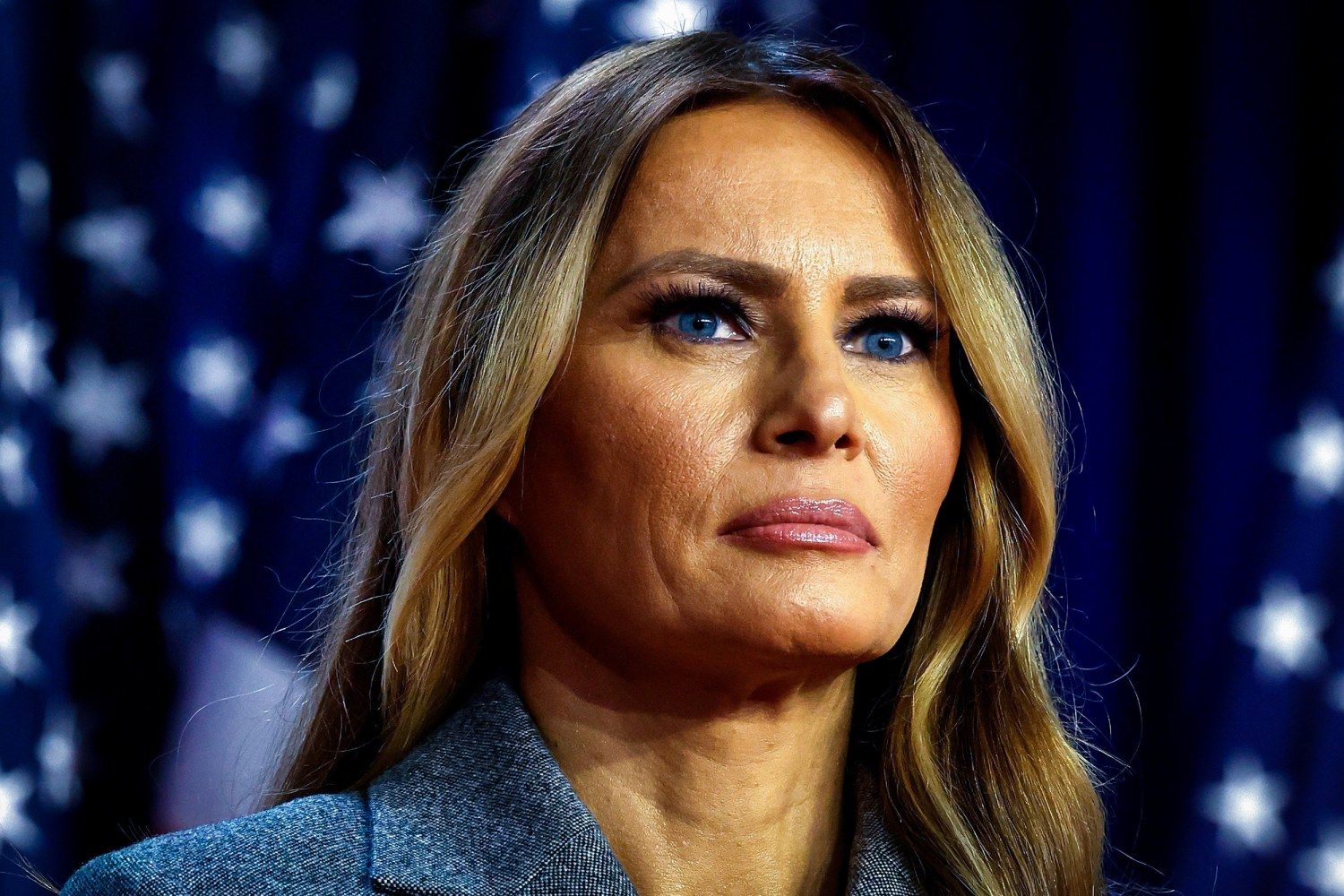Trump’s Nobel Peace Prize Nomination: Who’s Supporting, Who’s Opposing, and Why It Matters
The Nobel Committee's inbox just got a whole lot more explosive. Donald Trump has been formally nominated for the 2025 Nobel Peace Prize—not once, not twice, but multiple times by world leaders who are either brilliant strategic thinkers or completely delusional. The international reaction? It's nothing short of a diplomatic earthquake.
Who's Backing Trump (And Why It's Shocking)
Cambodia's Prime Minister Hun Manet became the latest leader to throw Trump's name into the Nobel hat, citing his "crucial role" in restoring peace between Cambodia and Thailand. But he's not alone in this controversial move.
Israel's Benjamin Netanyahu has also nominated Trump, doubling down on their political alliance even as international courts issue warrants and global criticism mounts. The timing couldn't be more provocative—or calculated.
Meanwhile, Pakistan previously nominated Trump for mediating a ceasefire with India, creating a pattern that's either genius diplomacy or the most cynical political theater we've ever witnessed.
The Obama Factor: When Peace Prizes Become Political Weapons
Here's where it gets absolutely savage: Trump's multiple nominations stand in stark contrast to Barack Obama's single, controversial win in 2009—a decision that even Obama later called premature. Critics are now asking: Is the Nobel Peace Prize becoming less about actual peace and more about political maneuvering?
The comparison is brutal and intentional. While Obama won for "extraordinary efforts to strengthen international diplomacy" (translation: hope and potential), Trump's supporters point to tangible results: the Abraham Accords, ceased conflicts, and what they call "peace through strength."
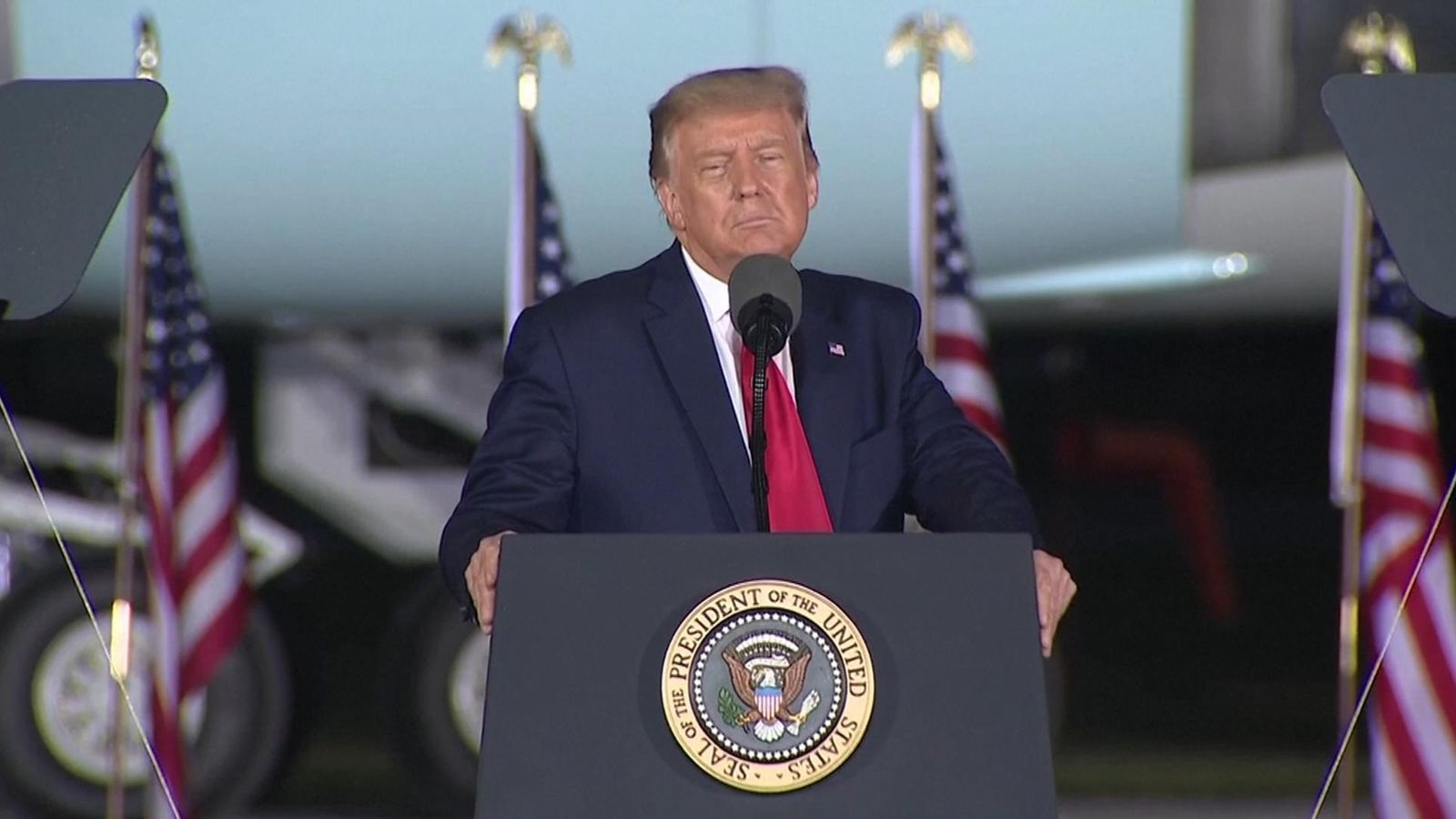
The Global Meltdown in Real Time
The international reaction has been nothing short of explosive. European diplomatic circles are reportedly "stunned" by the nominations, with some calling it a "mockery of the Nobel tradition." Meanwhile, Trump's allies are celebrating what they see as long-overdue recognition for Middle East breakthroughs that the establishment media allegedly ignored.
Social media has absolutely erupted. The hashtags are trending worldwide, and the comments sections look like diplomatic war zones. This isn't just political discourse—it's a full-scale battle for the narrative of what constitutes "peace" in the 21st century.
The Abraham Accords: Game-Changer or Political Stunt?
Let's talk about the elephant in the room: the Abraham Accords. Love him or hate him, Trump brokered peace deals between Israel and multiple Arab nations—something experts said was impossible. The deals have held, trade is flowing, and regional stability has arguably improved.
But critics fire back hard: What about Gaza? What about the Palestinians left out of these agreements? What about the arms deals that followed? The debate is vicious because both sides have legitimate points, and neither is backing down.
Why This Nomination Actually Matters (Even If You Hate It)
Here's the uncomfortable truth that's driving everyone crazy: This nomination forces an impossible question: Should peace prizes go to nice people with good intentions, or to controversial figures who actually stop wars?
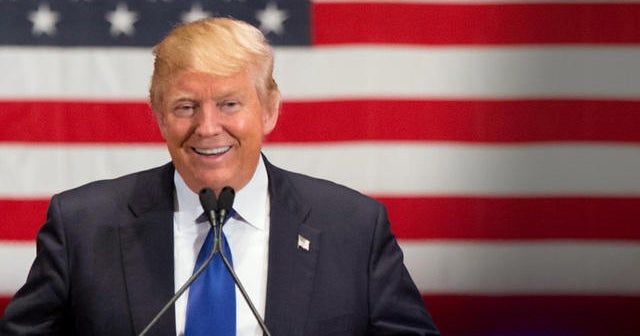
Trump's supporters argue that results matter more than style. His critics counter that the means matter as much as the ends. It's a philosophical battle that goes to the heart of modern diplomacy, and nobody wants to admit the other side might have a point.
The Committee's Nightmare Decision
The Nobel Committee is now facing its most politically explosive decision in decades. Award it to Trump, and they validate a leadership style half the world despises. Reject it despite multiple nominations and tangible peace agreements, and they risk looking like partisan gatekeepers.
Either way, they lose. The committee that once awarded Henry Kissinger (controversial), Yasser Arafat (complicated), and Barack Obama (premature by his own admission) now faces a decision that will define their credibility for generations.
The Real Question Everyone's Avoiding
Beyond the political theater and international drama, this nomination raises the question nobody wants to answer: In a world of endless conflicts, do we reward the diplomats who follow the rules and fail, or the disruptors who break every convention but actually achieve peace?
The Trump Nobel nomination isn't just about one man or one prize. It's about how we define leadership, diplomacy, and success in an increasingly chaotic world. And judging by the global reaction, we're nowhere near consensus on any of it.
The nomination period continues through February 1, 2025. The winner will be announced in October. But the real battle—over the future of international diplomacy—is happening right now, in real time, and everyone has to pick a side.
